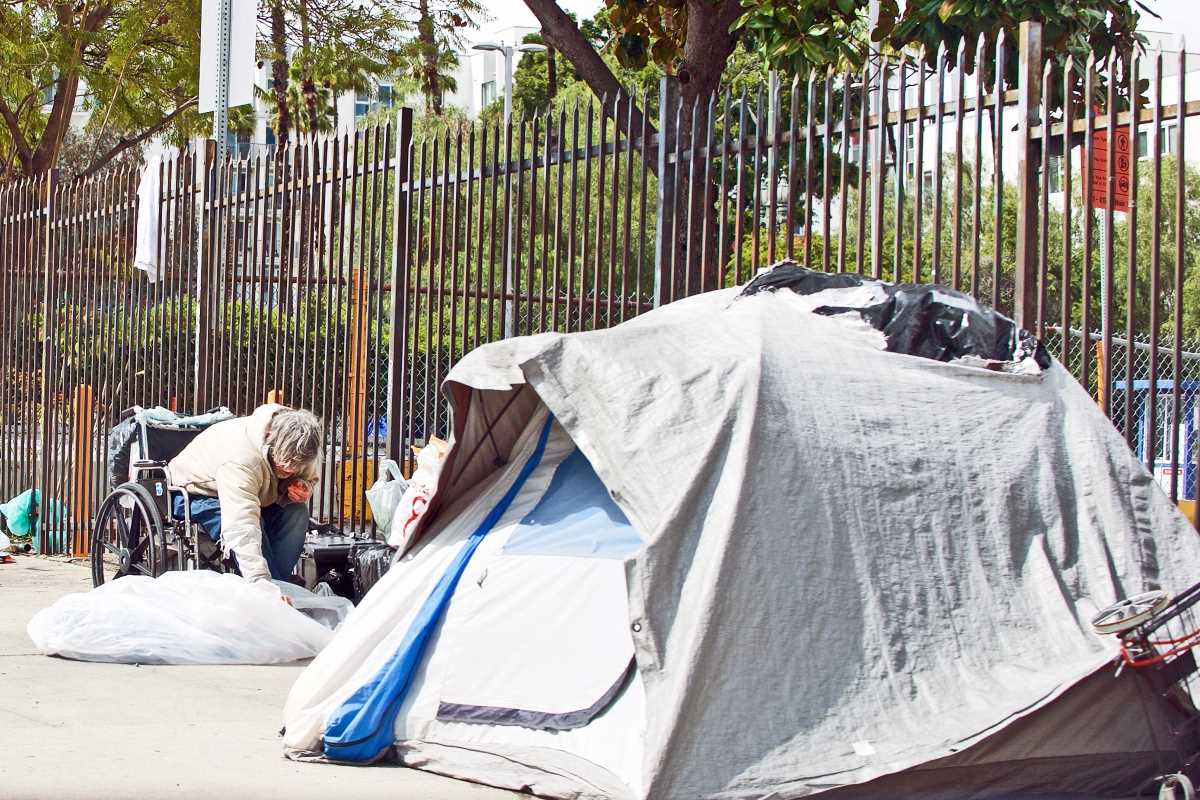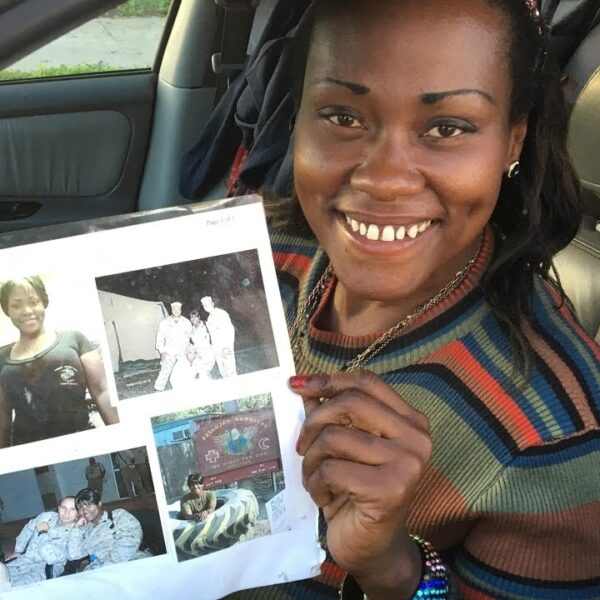Our society always feels compelled to critique the lives of the poor. From the way they look to the mundane choices they make every day, we are driven to find fault. We try to blame them for their homelessness.
Could it be because, on the surface, they look too much like us? Housed people probably have better hygiene and maybe nicer clothes. But if that were really all that separated us, could we be in danger of falling into the same situation?
To combat this fear, we try to find flaws in their character. We call them lazy, drug addicts, criminals, and all manner of other names. These flaws serve as proof that we couldn’t become homeless ourselves because somehow, fundamentally, we’re different.
We become so convinced homeless people deserve to be homeless that we shape policies and programs around our beliefs. It influences the way we, as a society, treat homeless people. We treat the symptoms of homelessness rather than the problems that result in it.
By itself, this isn’t a bad thing. The symptoms of homelessness are lack of shelter, food, clothing—the most basic human needs. It’s necessary to treat the symptoms. The problem is that the help usually ends there.
The real problems—lack of affordable housing, systemic racism, wealth inequality, gender-based violence, and more—go unchecked.
So why do we only treat the symptoms and not the problems? If we only treat the symptoms, we can pretend deeper societal issues just don’t exist. If they don’t exist, our own privilege isn’t affected. We go on believing that we’re different, better, and we make the problems even worse.
Empathy and Understanding
Ironically, the things that make us so afraid to really look at homelessness also hold the greatest power for change. If we saw ourselves in homeless people without fear, we could have empathy and understanding instead.
Empathy works because it helps us understand homeless people as individuals. When we get to know the people in those shelters or camps, we start to understand what they’re up against. We don’t have to use a one-size-fits-all approach to ending homelessness anymore.
Using empathy when interacting with homeless people also works to dispel fear. We don’t need to eliminate our fear to be empathetic; that might not even be possible. But when we see them as people and understand that there are solutions to their problems, suddenly poverty and even homelessness don’t seem quite as damning.
If we were to use this approach, we’d learn what homeless people truly need—for lasting change, beyond a roof over their heads and three meals a day. Below are a few of those needs, along with ways you can take action.
Training Programs
People who are homeless are often born unlucky. It’s as simple as that. They don’t have the skills or abilities those born into privilege have, like a quality education or parents teaching them life skills. Things like budgeting, using a computer, and job interviewing skills might need to be taught later in life. These are also things we tend to assume homeless people already know how to do.
When they’ve outstayed their welcome at a shelter and sent back to the streets, being told to simply find a job and pick themselves up, where will they start if they don’t have the right skills?
We need to meet them exactly where they’re at, rather than setting them up to fail. Find local agencies that offer classes or coaching and offer up what you know. Libraries and community colleges are good places to start.
Volunteer to lead or tutor a class. If you have a skill that isn’t offered, ask if you can begin a new program. If you’re not able to do this, consider financially supporting the agencies offering them.
Advocacy
Zoning laws keep affordable housing from being built in many places. This is a direct result of deliberate action by governments to control who has access to “good” neighborhoods. From their perspective, keeping low-income people out of an area protects that area’s property values.
Low-income people are then forced to choose between housing they can barely afford or resort to overcrowded areas where there may not be housing at all. In these areas, if there is housing, it’s probably unsafe, unsanitary, or both.
Educate yourself on housing in your community. Are there enough suitable housing options for low-income families? Look into the laws in your area and whether there are barriers related to zoning. If so, advocate. Attend city council meetings, write to your legislators, and support candidates who support equality.
Targeted Services
Basic needs resources like generalized shelters are fine, as long as there are also services that target what brought them in, to begin with. Domestic violence shelters often serve crime victims and their children who become homeless after escaping their abuser. Not only that, but they help through things like legal aid and financial assistance.
There are specific programs to support homeless veterans and those with developmental disabilities who help with these groups’ unique needs and challenges. Many people who are homeless need mental health therapy or in-depth addiction treatment.
However, many people who qualify for these services never get them. They might not know they exist, and there might not be anyone to tell them.
There are also many people who don’t qualify for an existing program and fall through the cracks. We cannot allow people to use basic needs services repeatedly without treating the cause of their crises—it isn’t responsible or humane. As a society, we must better identify the problems we have and treat them at the ground level.
To help in this area, learn about the specialized resources in your area, as well as what’s missing. Volunteer somewhere you can put this knowledge to work. This could be one of the general shelters through which many people from many walks of life pass—advocate in the ways described above for better, more targeted services.
Don’t Get Discouraged
We have a long way to go in treating homelessness effectively. In addition to fighting for what truly works, we must also combat the many factors working against change. It can get discouraging.
However, it’s important to remember that most people care on some level about homelessness. You are not alone.
As you continue to learn about the true causes of homelessness, share what you learn with others. Take actions like those described above and encourage others to do so. Collective awareness and action are what drive change. It may be slow at first, but even slow societal change brings hope to exponentially more people every day.
It’s also important to practice self-reflection. Many of us have an implicit bias against homeless people that is rooted in fear for ourselves. It takes brutal honesty to own up to that. But doing so may be the most significant and challenging step we can take toward unifying our communities.













